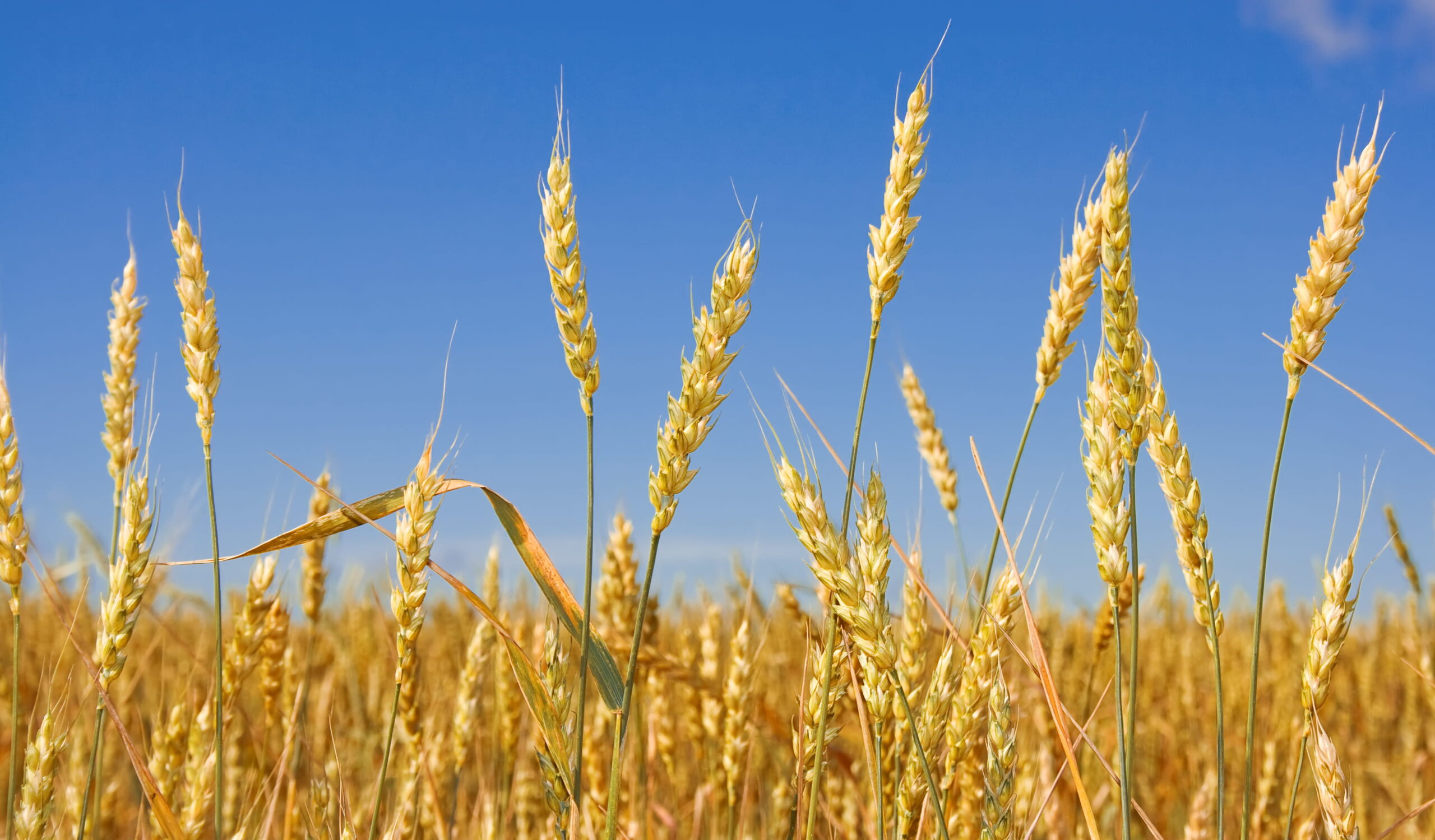In recent years, the importance of sustainable agriculture has been widely recognized as a key solution to address the global food demand while minimizing environmental impacts. Among the various components contributing to sustainable farming practices, phosphatic fertilizer has emerged as a vital tool for enhancing crop productivity. This article explores the significance of phosphatic fertilizer in modern agriculture and its role in achieving sustainable food production.
Phosphatic fertilizer, commonly known as phosphate fertilizer, is a type of fertilizer that supplies essential phosphorus to plants. Phosphorus is a vital macronutrient required by plants for various physiological processes, including energy transfer, root development, flowering, and fruiting. It plays a crucial role in crop growth, yield, and overall plant health. However, phosphorus is often found in limited quantities in soil, making its availability a limiting factor for crop production.
To overcome this limitation, phosphatic fertilizers are used to supplement the soil with an adequate amount of phosphorus. These fertilizers typically contain phosphorus in the form of phosphates, such as monoammonium phosphate (MAP), diammonium phosphate (DAP), and triple superphosphate (TSP). These compounds are highly soluble in water, allowing plants to easily absorb phosphorus and utilize it for their growth and development.
The application of phosphatic fertilizer offers several benefits to farmers and the agricultural industry as a whole. Firstly, it significantly improves crop yield and quality by providing plants with the necessary phosphorus for optimal growth. This leads to increased biomass production, larger fruits, and better nutrient content in harvested crops.
Moreover, phosphatic fertilizers contribute to the efficient use of other nutrients, such as nitrogen and potassium, by enhancing their uptake and utilization by plants. This synergy between macronutrients ensures balanced nutrition and reduces the risk of nutrient deficiencies or imbalances, which can negatively impact crop health and productivity.
Furthermore, phosphatic fertilizer plays a crucial role in sustainable agriculture practices. By promoting healthy plant growth, it reduces the need for excessive pesticide applications, as robust plants are better equipped to resist pests and diseases naturally. Additionally, the efficient use of phosphorus helps prevent nutrient runoff into water bodies, minimizing the risk of water pollution and eutrophication, which can harm aquatic ecosystems.
However, the use of phosphatic fertilizers must be carefully managed to ensure environmental sustainability. Over-application or improper use can lead to phosphorus runoff, which can contribute to water pollution and algal blooms. To address this concern, farmers are encouraged to adopt precision agriculture techniques, such as site-specific nutrient management and soil testing, to optimize phosphatic fertilizer application rates and timings.
In conclusion, phosphatic fertilizer plays a pivotal role in modern agriculture by supplying phosphorus, an essential nutrient for crop growth and productivity. Its application enhances plant health, improves yield, and contributes to sustainable farming practices. By adopting responsible use and management strategies, farmers can harness the benefits of phosphatic fertilizer while minimizing its environmental impact. With the integration of phosphatic fertilizers in sustainable agricultural systems, we can strive towards achieving global food security while preserving our precious natural resources.















